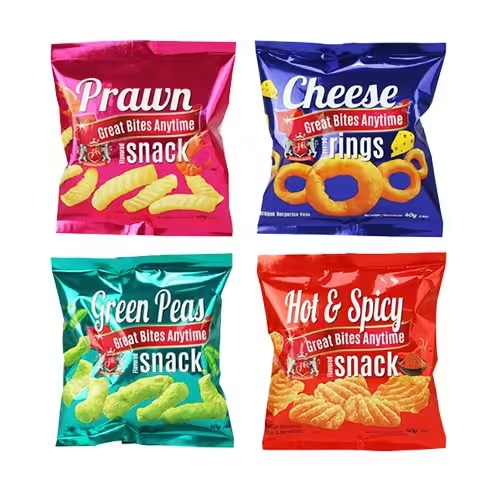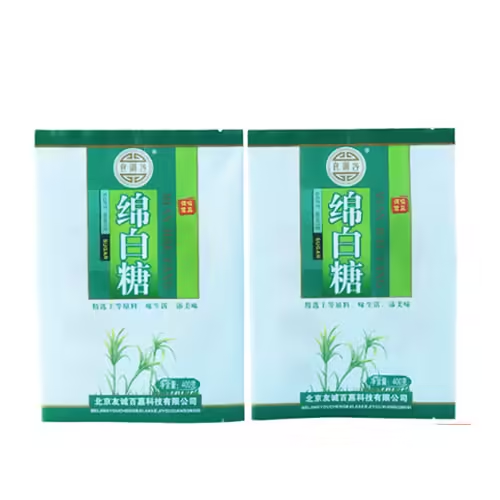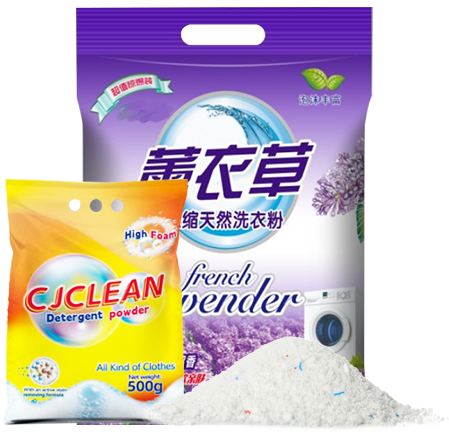Table of Contents
Introduction

As sustainability becomes increasingly important, more brands in the food industry are turning to eco-friendly food bags packaging to meet consumer demands and align with global environmental goals. At Shenlong, we understand the significance of high-quality, sustainable packaging solutions that not only protect products but also contribute to a healthier planet. For over 20 years, we’ve been a trusted partner in providing innovative packaging solutions for the food, personal care, and household industries. In this blog, we will explore the importance of sustainable food bags packaging, the latest trends, and how eco-conscious brands can adopt these practices effectively.
Why Sustainable Food Bags Packaging Matters
Sustainable packaging is no longer a choice but a necessity for brands looking to appeal to modern consumers. A large portion of today’s buyers are environmentally aware and prefer products that contribute to a more sustainable future. This shift in consumer behavior has made it critical for businesses to move towards eco-friendly packaging solutions.
Food bags packaging, in particular, plays a crucial role in reducing environmental impact. The traditional use of plastic bags has led to a global plastic waste crisis, and shifting to sustainable alternatives can greatly reduce this issue. Brands can minimize their carbon footprint, reduce plastic waste, and enhance their reputation by adopting packaging that is both functional and environmentally responsible.
Key Benefits of Sustainable Food Bags Packaging
- Reduction in Plastic Waste: Switching to sustainable packaging helps decrease reliance on single-use plastics, which are harmful to marine life and the ecosystem.
- Improved Brand Loyalty: Today’s consumers are more likely to support brands that prioritize environmental responsibility, and sustainable packaging helps build brand loyalty.
- Better Consumer Perception: Eco-conscious brands are viewed positively, leading to higher engagement and sales.
- Compliance with Regulations: Many countries are tightening regulations around plastic usage, and sustainable packaging ensures compliance with these laws.
Top Materials for Sustainable Food Bags Packaging
When selecting materials for food bags packaging, several eco-friendly options are gaining traction in the market. Below is a table that compares some of the most popular sustainable materials for food packaging:
| Material | Description | Advantages | Considerations |
|---|---|---|---|
| Biodegradable Plastics | Derived from renewable sources like corn starch or sugarcane. | Breaks down naturally in the environment, reducing landfill waste. | May be more expensive than traditional plastic. |
| Recyclable Paper Bags | Made from recycled paper or responsibly sourced wood pulp. | Can be easily recycled, renewable resource. | Not as durable as plastic for heavy items. |
| Plant-Based Polymers | Polymers derived from plants (e.g., PLA from corn). | Compostable and derived from renewable resources. | Often requires specific conditions to decompose properly. |
| Mushroom Packaging | A novel material created from mycelium, the root structure of mushrooms. | Fully biodegradable, sustainable, and innovative. | Limited availability and higher costs. |
| Edible Packaging | Made from natural, edible ingredients like seaweed or rice. | Reduces waste as it is consumed along with the food. | Suitable only for specific food products. |
Trends in Sustainable Food Bags Packaging

As eco-conscious consumerism rises, the food industry is rapidly evolving to incorporate greener packaging solutions. Here are some of the top trends in sustainable food bags packaging:
- Minimalist Design: Brands are opting for simpler packaging designs with fewer materials, reducing waste while maintaining brand identity.
- Smart Packaging: Packaging that incorporates technology, such as QR codes for sustainability information or packaging that indicates freshness, is becoming increasingly popular.
- Edible and Compostable Packaging: These packaging solutions are gaining traction, especially in the fresh food and snack industries.
- Plant-Based Alternatives: Many brands are opting for biodegradable or plant-based plastic alternatives that are compostable and safer for the environment.
How Eco-Conscious Brands Can Transition to Sustainable Packaging

Food Packaging Bags
Switching to sustainable food bags packaging requires a step-by-step approach. Here are some practical steps for eco-conscious brands:
- Assess Current Packaging: Start by evaluating the current packaging materials used and their environmental impact.
- Choose the Right Materials: Based on your product and business needs, select materials that are eco-friendly and suitable for your food items.
- Test Packaging Solutions: Before committing to a large-scale shift, test different packaging options to ensure they meet both environmental and functional requirements.
- Communicate the Change: Once you’ve made the switch, let your customers know! Transparency about your sustainability efforts helps to build trust and improve brand reputation.
Conclusion
In today’s rapidly evolving market, adopting sustainable food bags packaging is not just an ethical choice—it’s a strategic business move. By shifting towards eco-friendly packaging, brands can not only contribute to a healthier planet but also enjoy long-term benefits such as improved brand loyalty, increased sales, and compliance with regulations.
At Shenlong, we are committed to providing sustainable packaging solutions that meet the diverse needs of food brands worldwide.Ready to make the switch to sustainable packaging? Contact Shenlong today to learn more about our eco-friendly food bags packaging solutions and how we can help your brand thrive in an environmentally conscious market.
FAQ
What is sustainable food packaging?
Sustainable food packaging refers to packaging that is environmentally friendly and designed to reduce waste and pollution. It typically involves materials that are recyclable, compostable, or biodegradable, helping to minimize plastic use and environmental impact.
Why should my brand invest in sustainable packaging?
Investing in sustainable packaging helps reduce waste, supports corporate social responsibility, attracts eco-conscious consumers, and meets regulatory requirements. It also strengthens your brand’s image in a competitive market.
What materials are best for food bags packaging?
The best materials for sustainable food bags packaging include biodegradable plastics, recyclable paper, plant-based polymers, and innovative materials like mushroom packaging. The right choice depends on your specific product and packaging needs.
How can sustainable food bags packaging help my business stand out?
Adopting eco-friendly packaging not only appeals to environmentally-conscious consumers but also positions your brand as a leader in sustainability. This can increase customer loyalty and brand recognition, leading to long-term growth.

